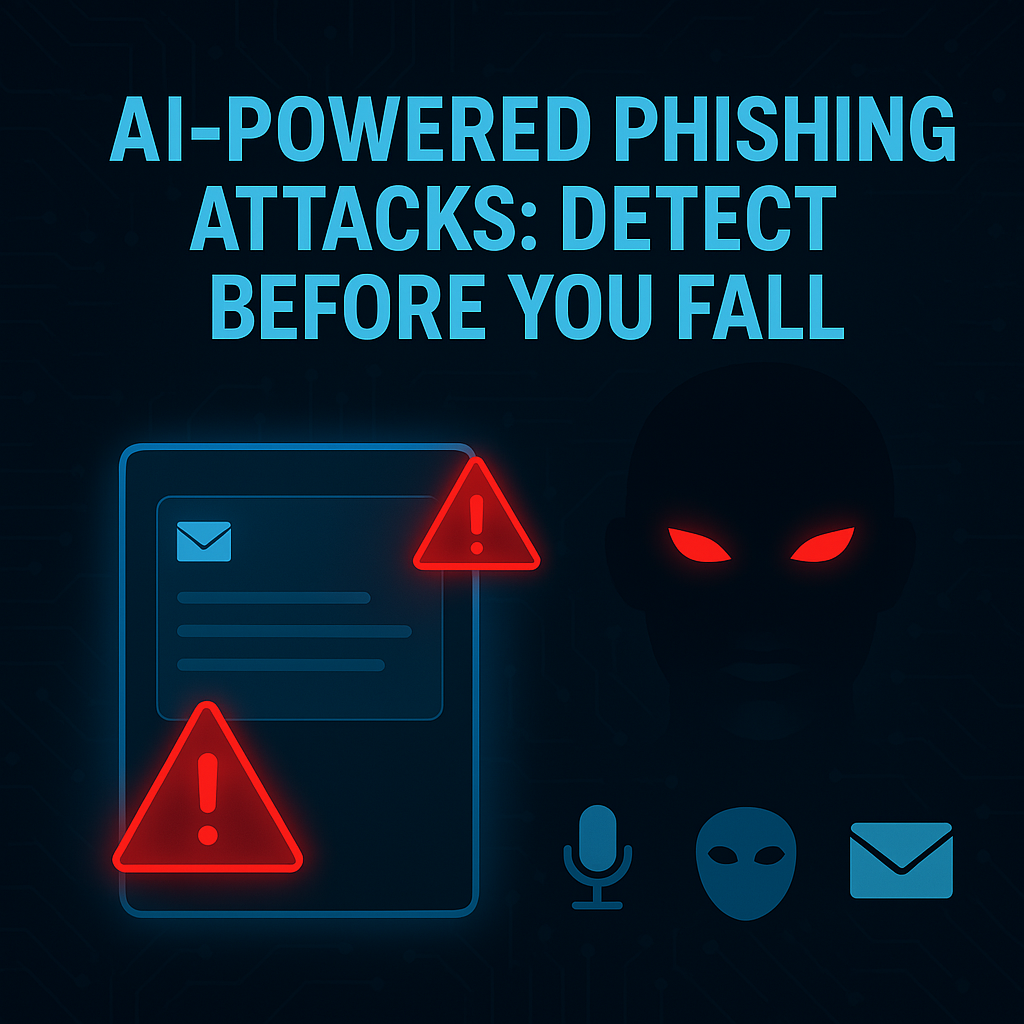-

AI-Driven Threat Detection: The Future of Cybersecurity
Introduction to AI in Cybersecurity In an era where cyber threats are rapidly evolving, traditional security systems are no longer sufficient to protect sensitive data. Businesses and organizations across the globe are turning to AI-driven threat detection is transforming cybersecurity by enabling organizations to detect and stop threats in real time. As cyberattacks grow more…
-
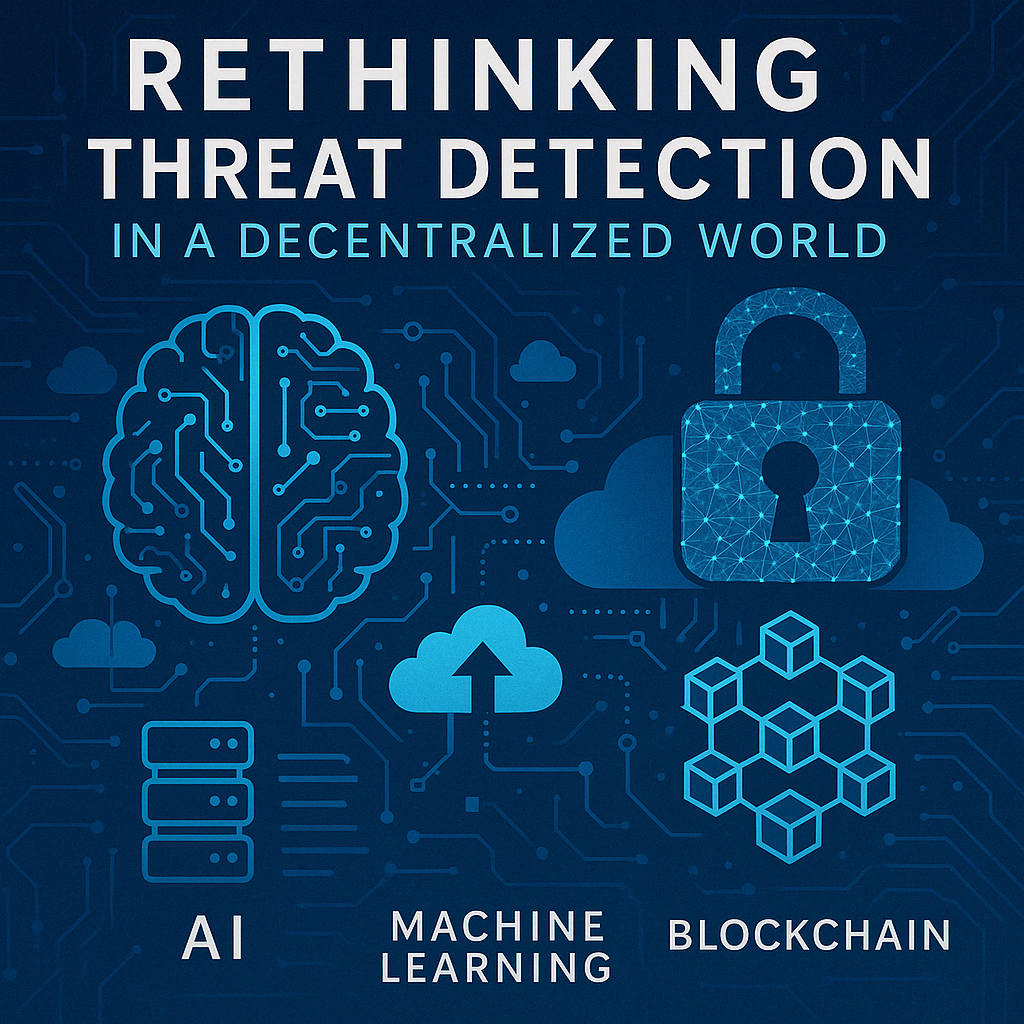
Threat Detection in a Decentralized World: AI, ML & Blockchain
Introduction: Why the Old Threat Detection Model No Longer Works In today’s decentralized world, traditional cybersecurity strategies are quickly becoming obsolete. With the rise of remote work, hybrid cloud infrastructures, and blockchain-based systems, organizations no longer operate within well-defined perimeters. As a result, threat detection must evolve from static, rules-based systems to intelligent, adaptive frameworks…
-
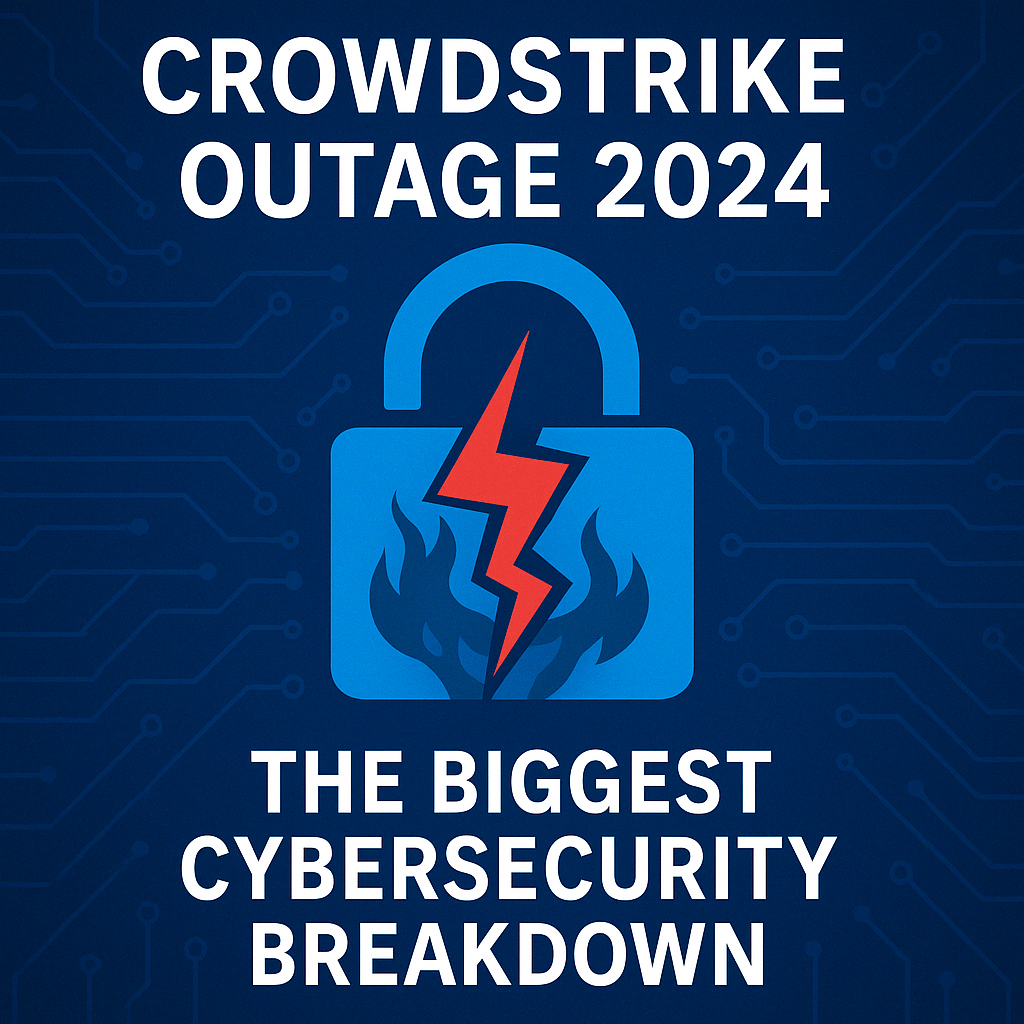
CrowdStrike Outage 2024: The Biggest Cybersecurity Breakdown
Introduction: When a Cybersecurity Solution Becomes the Cause of the Crisis In July 2024, the world witnessed a major cybersecurity failure—the CrowdStrike outage 2024. This unprecedented event disrupted critical infrastructure globally, making it the largest IT outage in cybersecurity history. What started as a routine update from a trusted endpoint security provider turned into a…
-
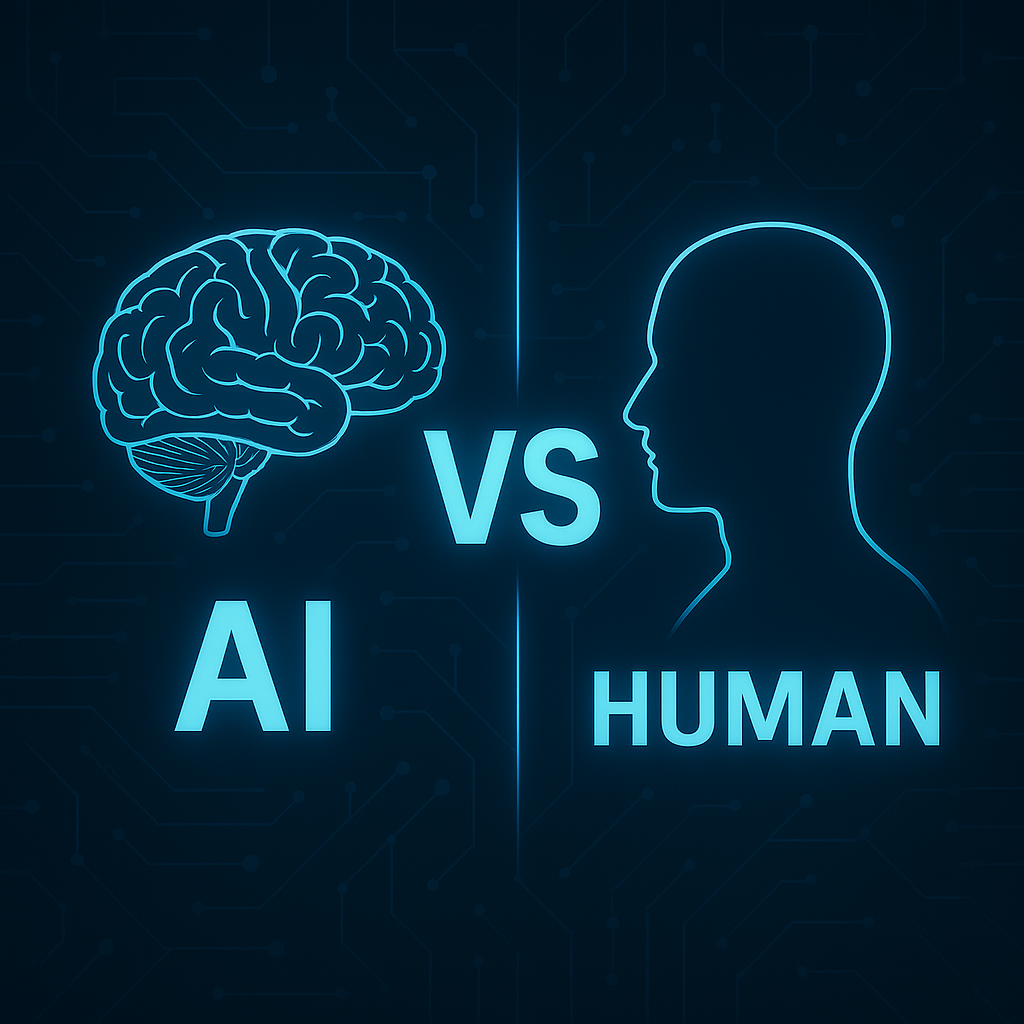
AI vs Human in Cybersecurity: Who Holds the Edge?
The Evolving Cyber Battlefield AI vs human in cybersecurity is one of the most important debates shaping the future of digital defense. As threats evolve, understanding the strengths and limits of artificial intelligence versus human expertise is critical to building a resilient security strategy. Cybersecurity is no longer just about firewalls and antivirus software—it’s a…
-
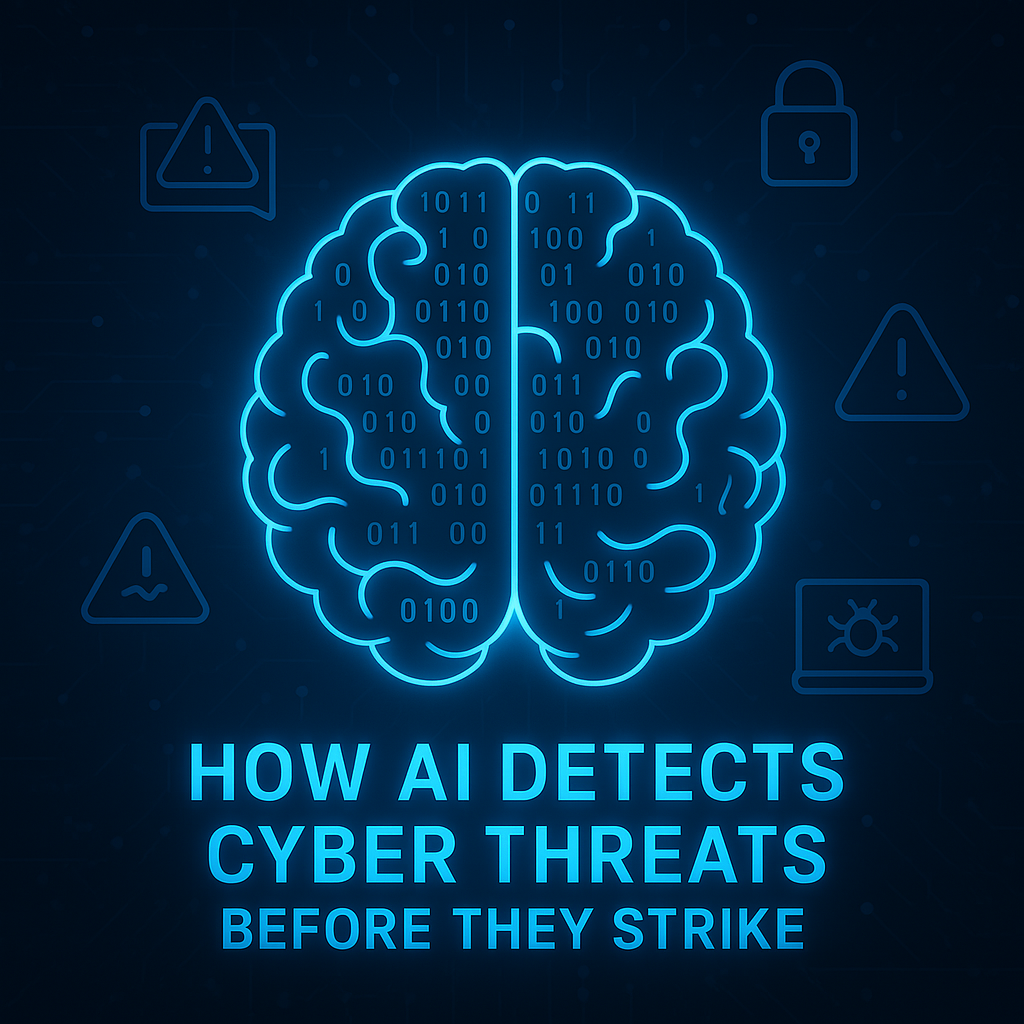
How AI Detects Cyber Threats Behind the Scenes
How AI detects cyber threats has become a critical concern in today’s digital age, where cyberattacks have grown in sophistication, frequency, and scale. Traditional security approaches are no longer enough, leading organizations worldwide to embrace Artificial Intelligence (AI) for proactive defense. The Shift from Reactive to Proactive Cybersecurity For decades, cybersecurity relied heavily on rule-based…
-

How AI is Transforming Cybersecurity: A Beginner’s Guide
Cybersecurity is no longer just about firewalls and antivirus software. As cyber threats become more advanced, organizations are turning to Artificial Intelligence (AI) to strengthen their defenses. AI is transforming how security professionals detect, prevent, and respond to cyberattacks — and it’s quickly becoming a core part of modern cybersecurity strategies. In this article, discover…
-

Integrity
In the ever-expanding realm of cyberspace, where information flows ceaselessly, the concept of integrity takes center stage in cybersecurity. As one of the three core pillars of information security, alongside confidentiality and availability, integrity plays a vital role in ensuring the trustworthiness and authenticity of data. Let’s explore the significance of integrity in cybersecurity and…
-

Confidentiality
In the ever-connected digital world, where data flows like an invisible river, the concept of confidentiality in cybersecurity takes center stage. It represents one of the three fundamental pillars of information security, along with integrity and availability. Let’s dive into the realm of confidentiality, exploring its importance and the techniques employed to safeguard our most…
-
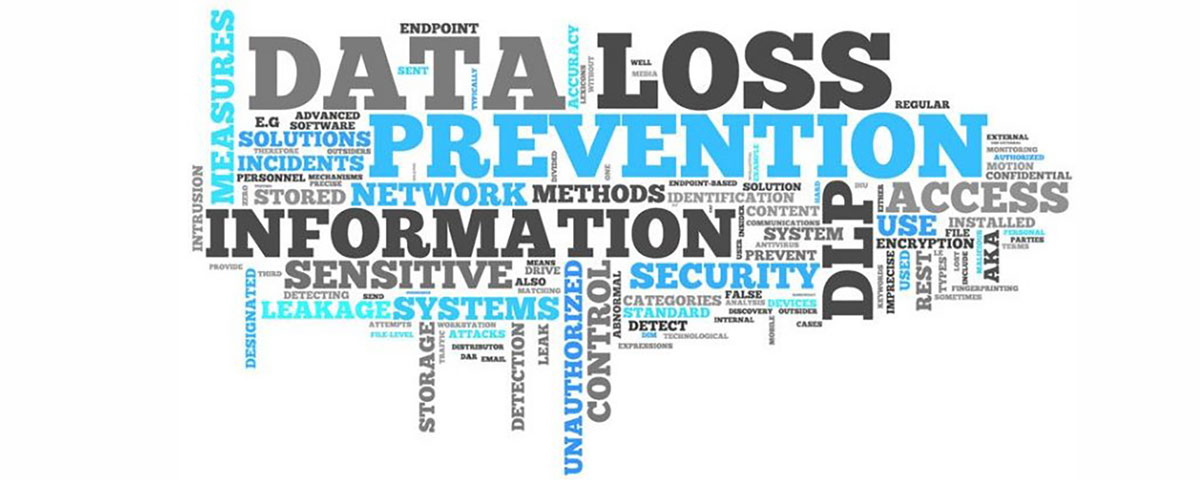
Data Loss Prevention systems
In an era where data is a valuable asset, organizations face increasing challenges in protecting their sensitive information from loss, theft, or unauthorized disclosure. Data Loss Prevention (DLP) systems provide a comprehensive approach to safeguarding data by identifying, monitoring, and preventing potential data breaches. In this article, we explore the significance of DLP systems and…

